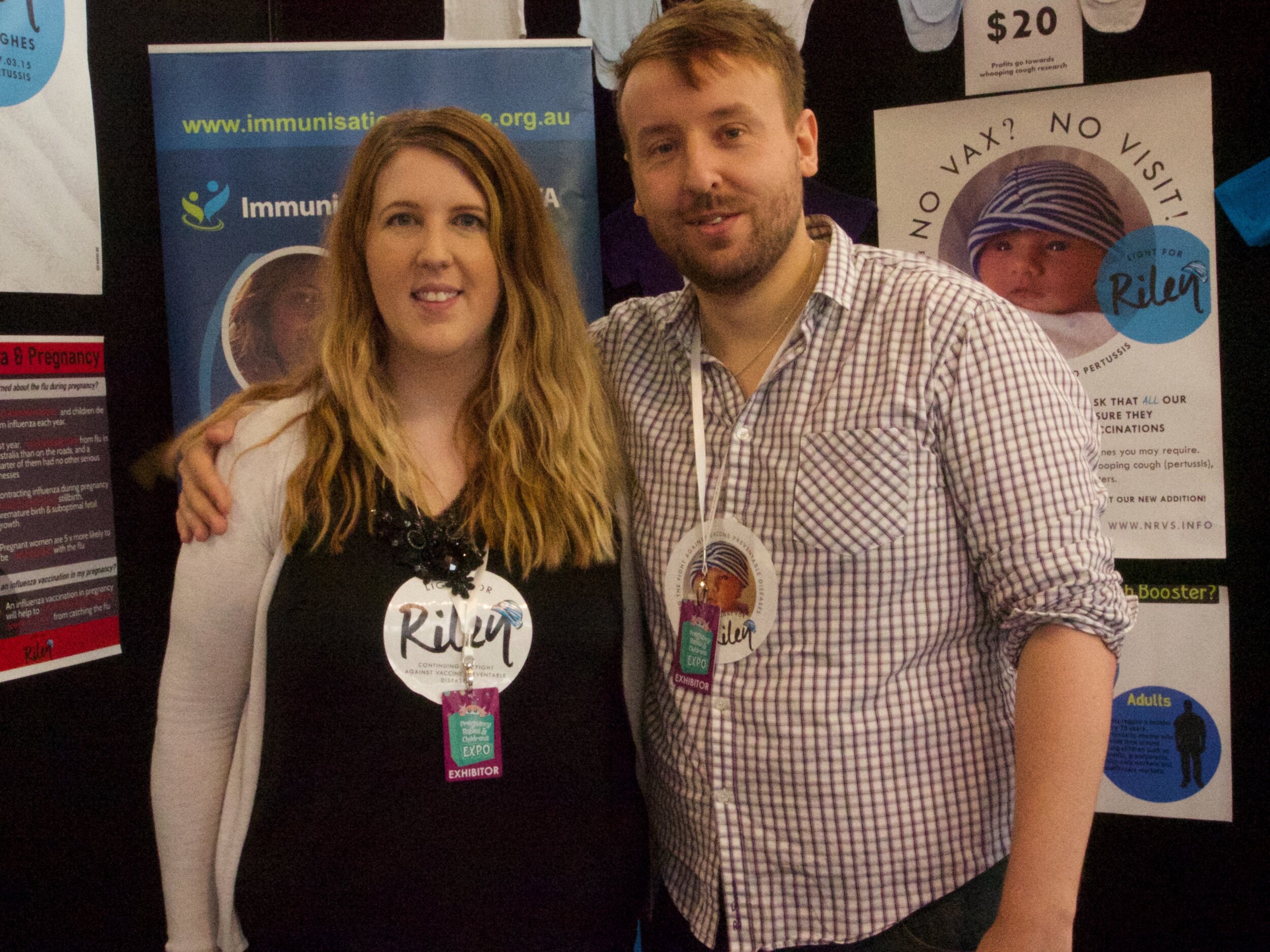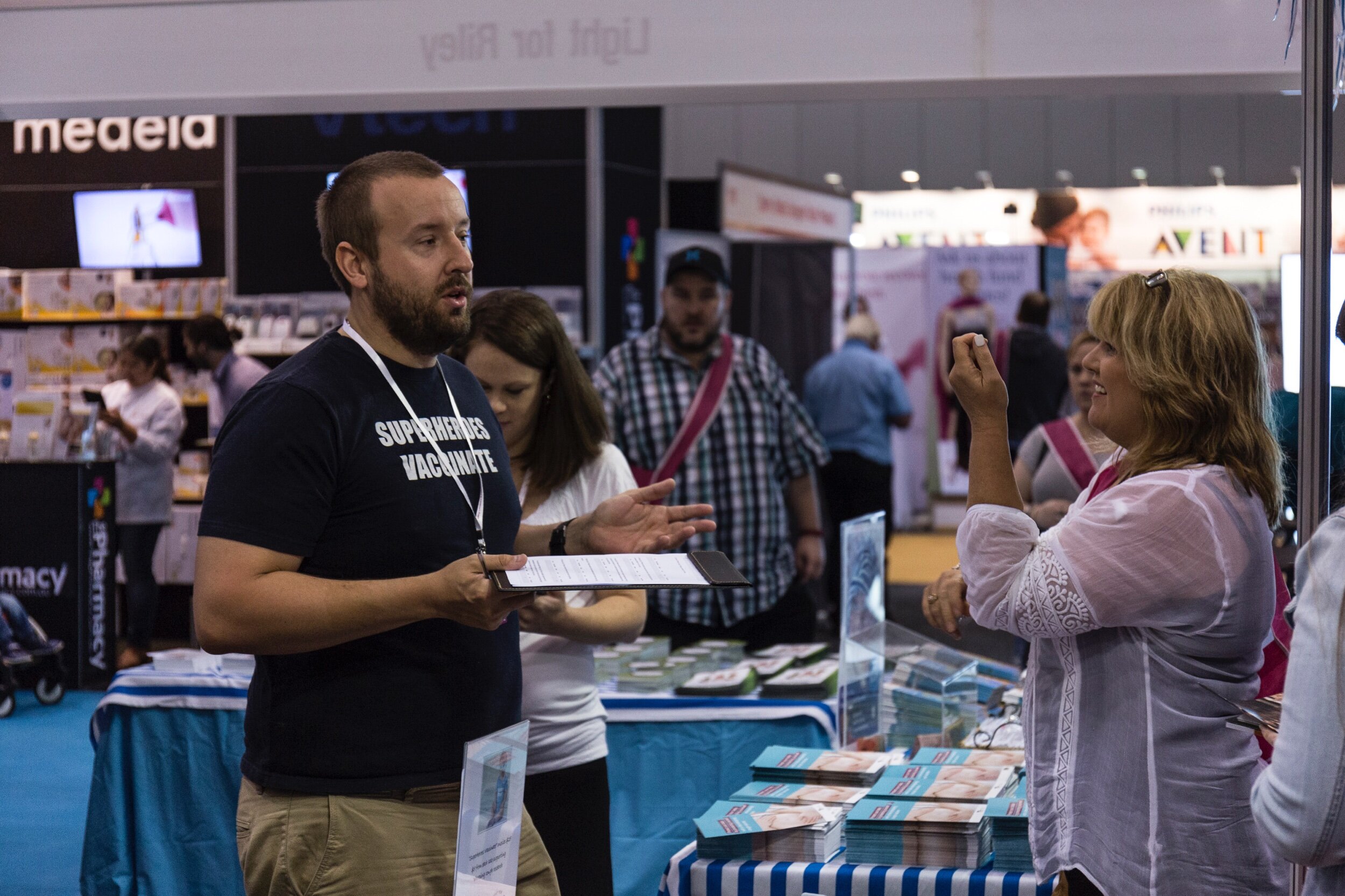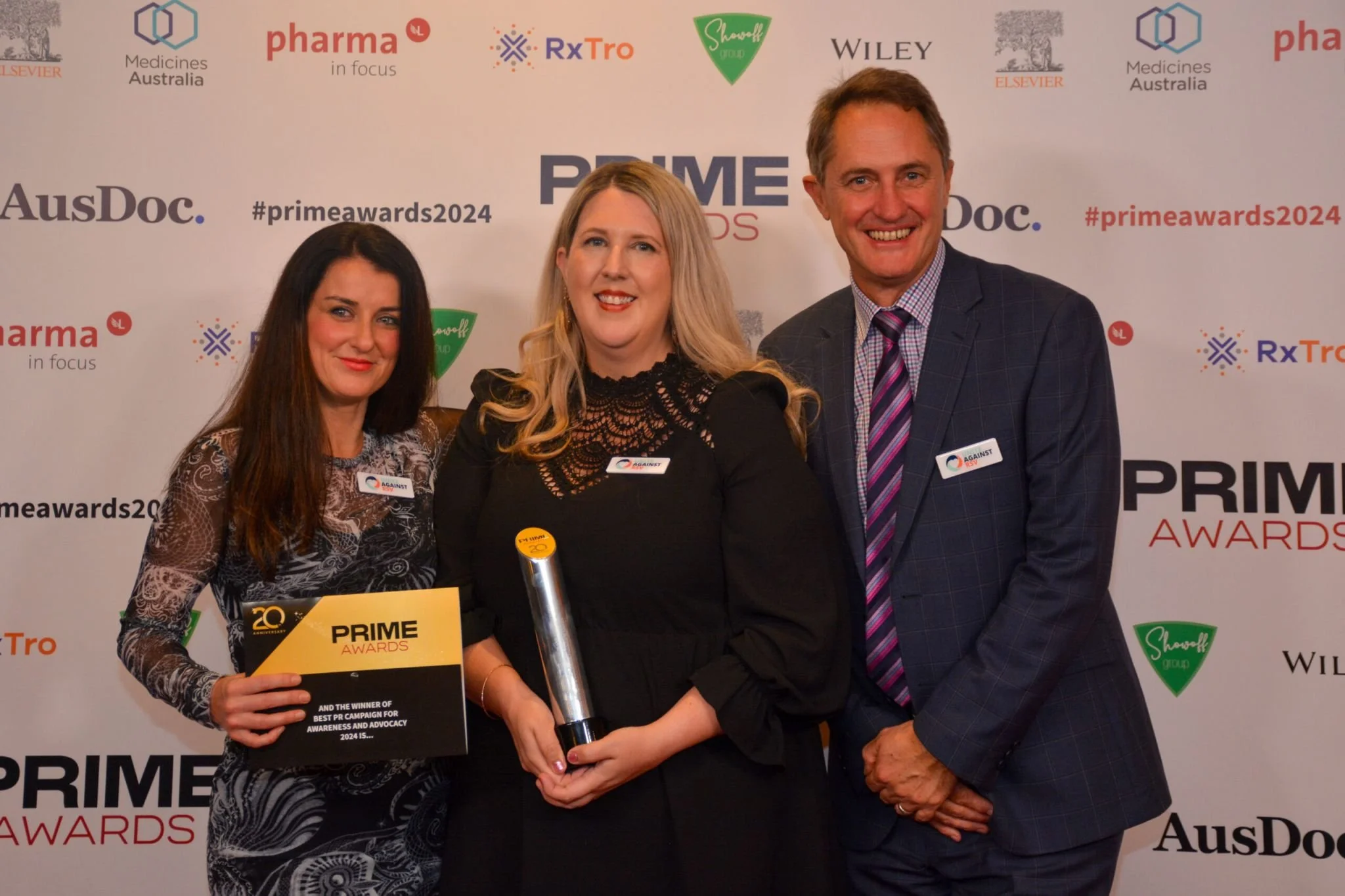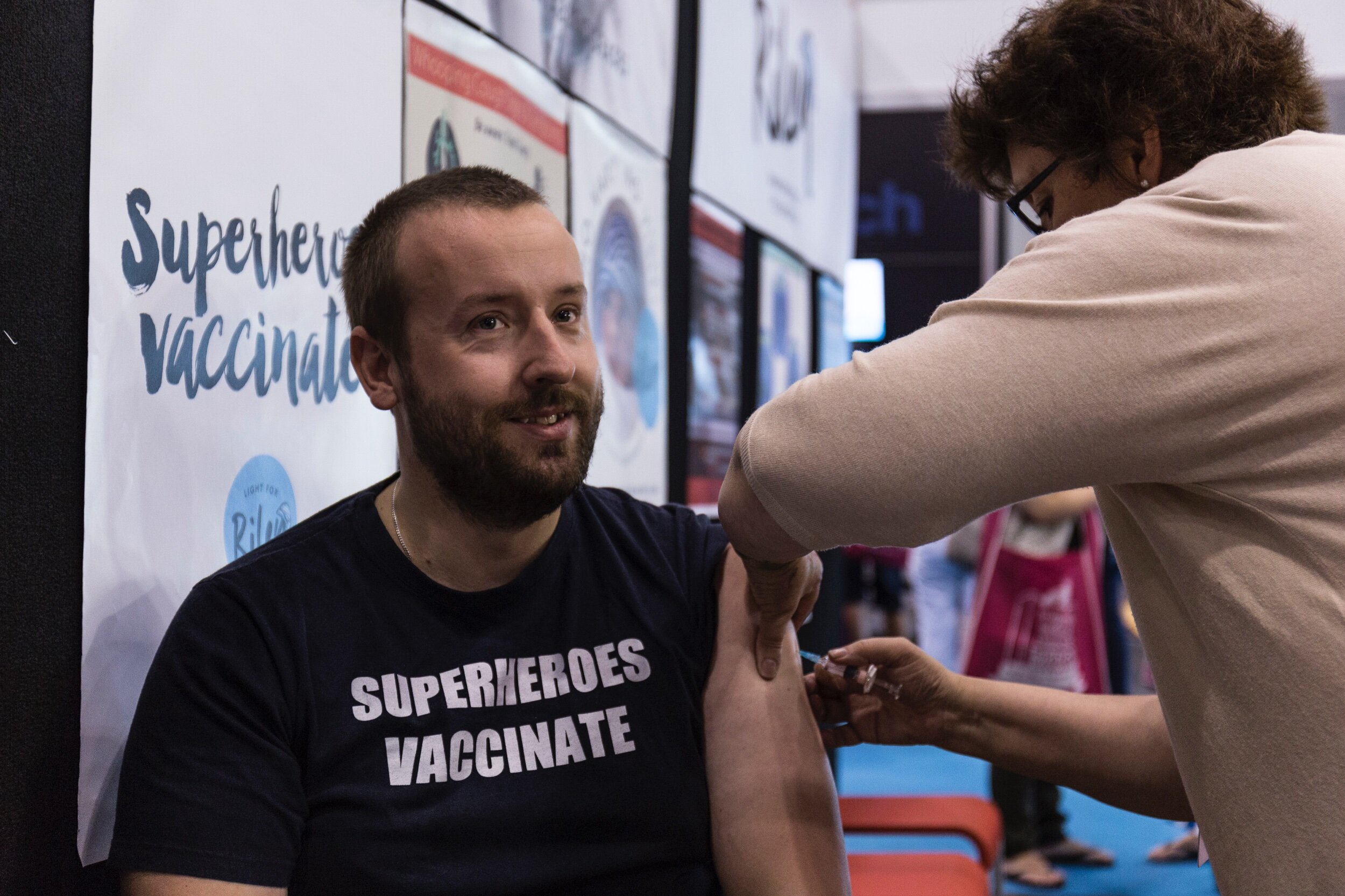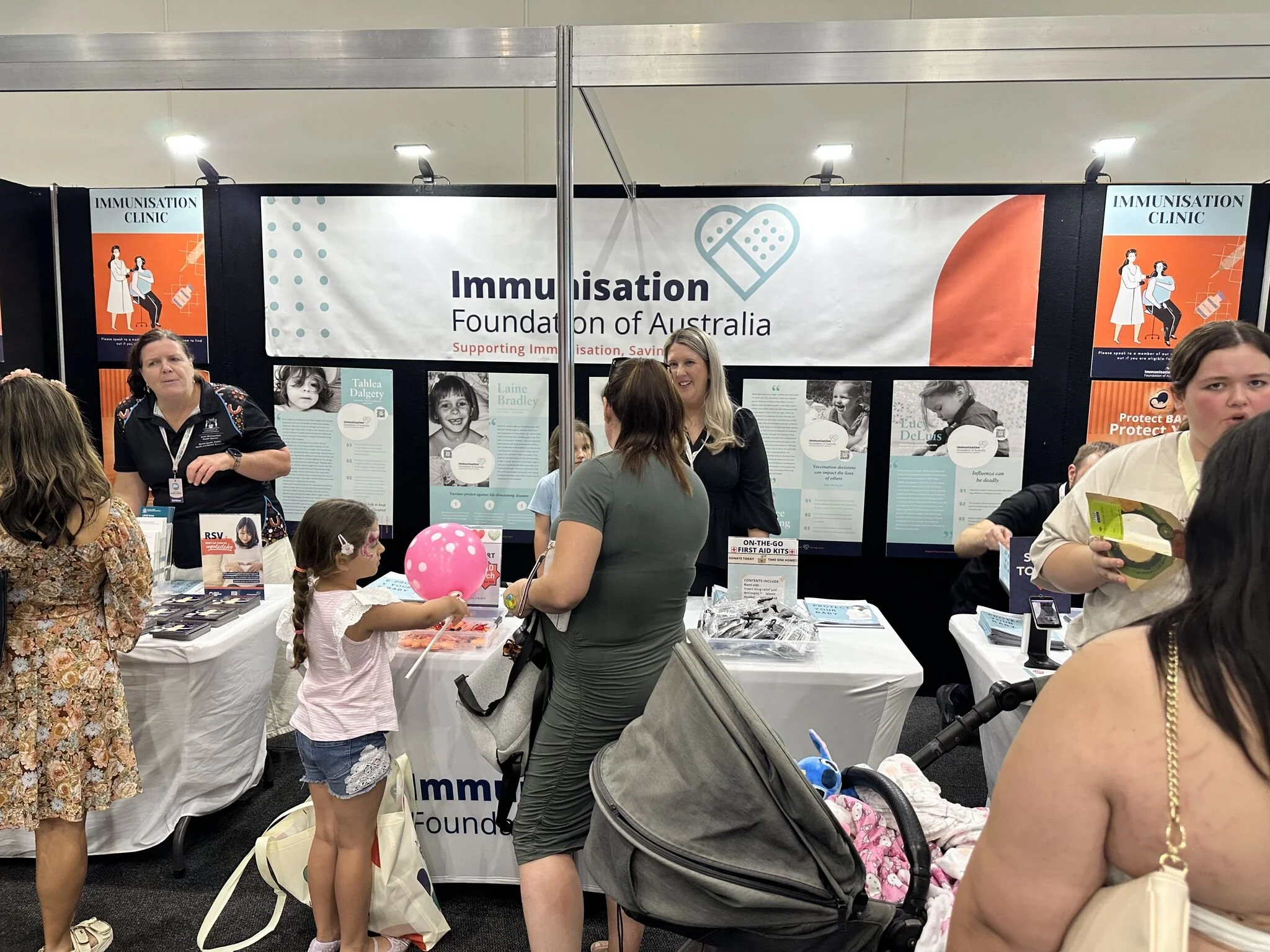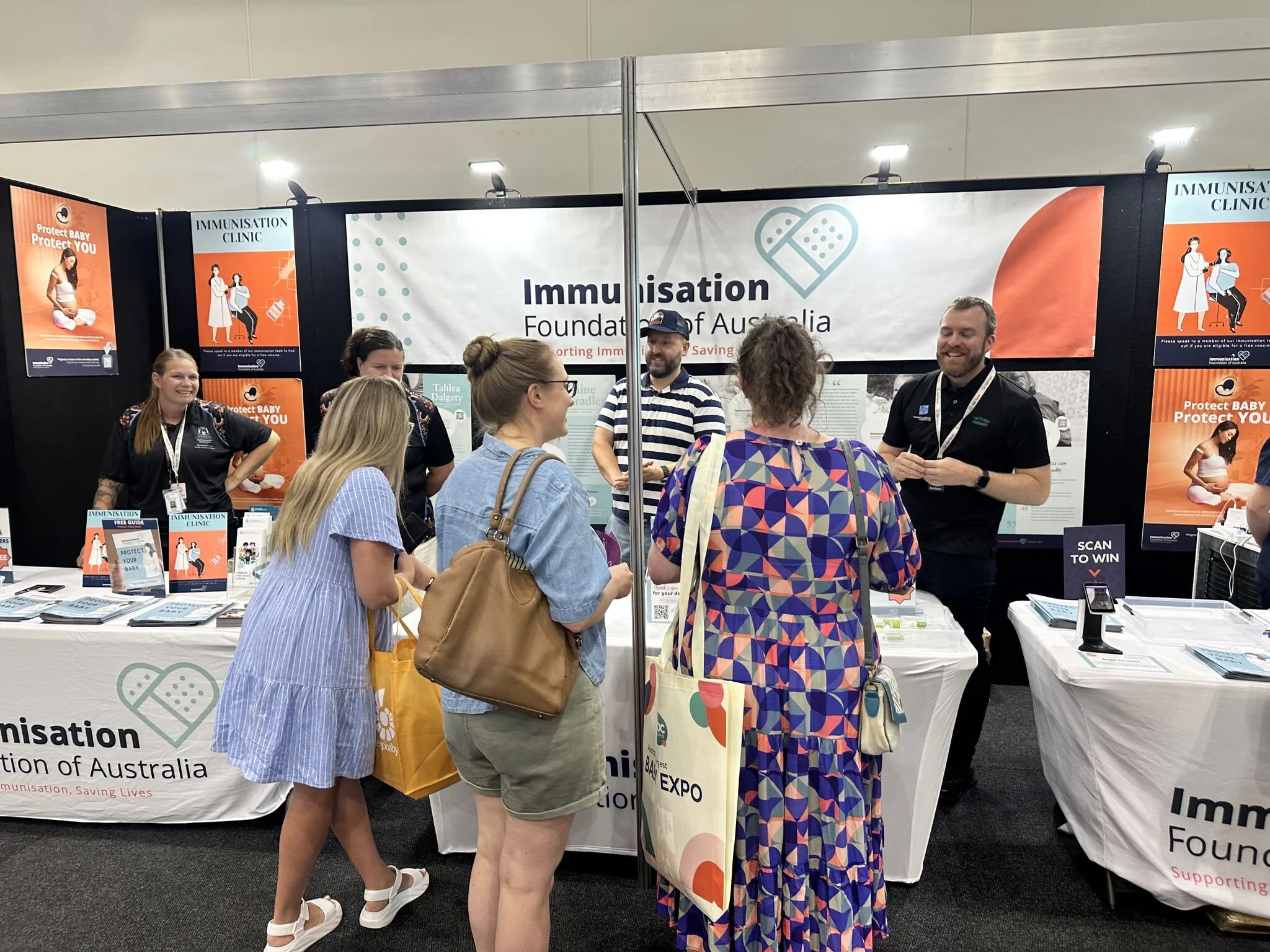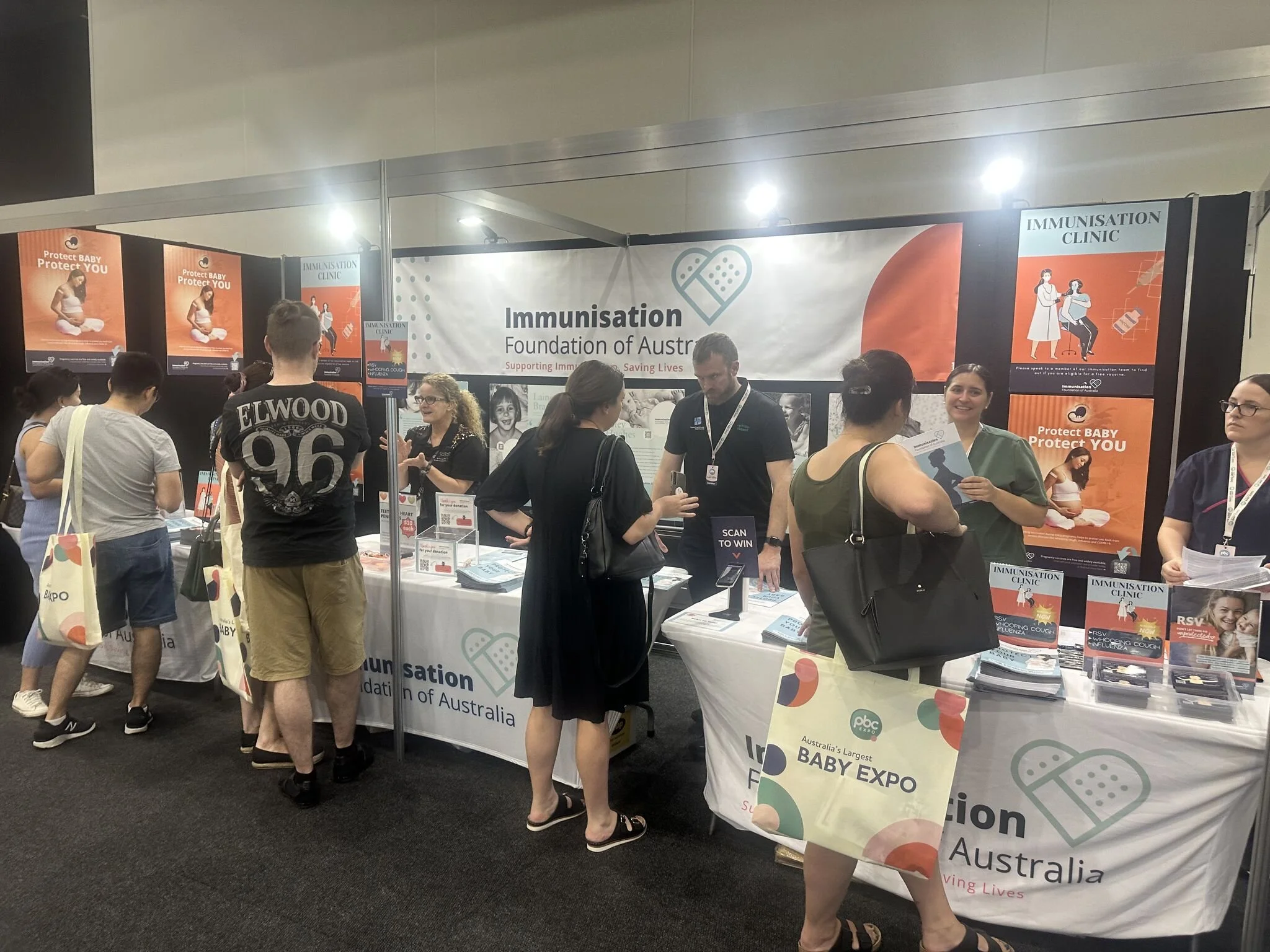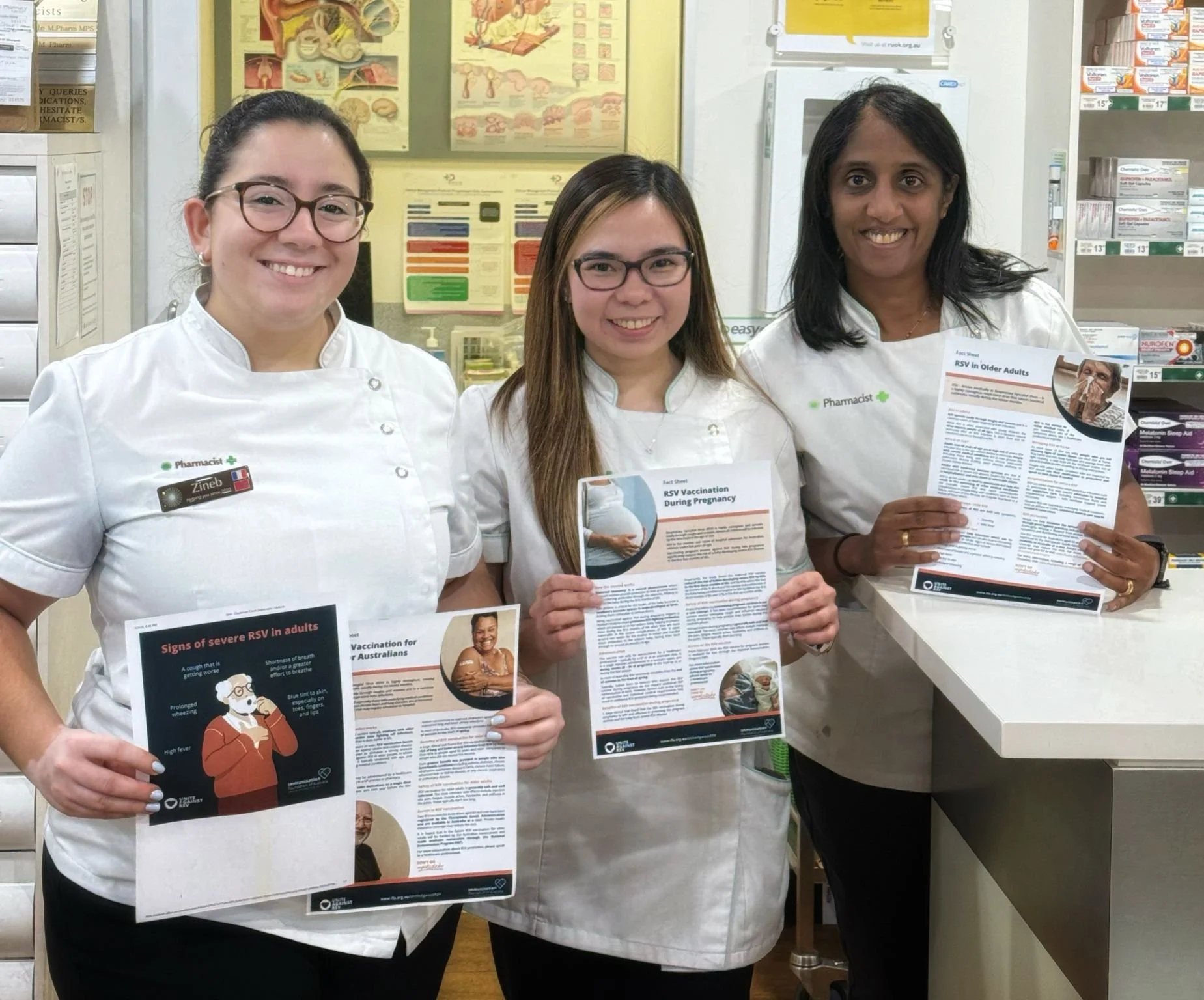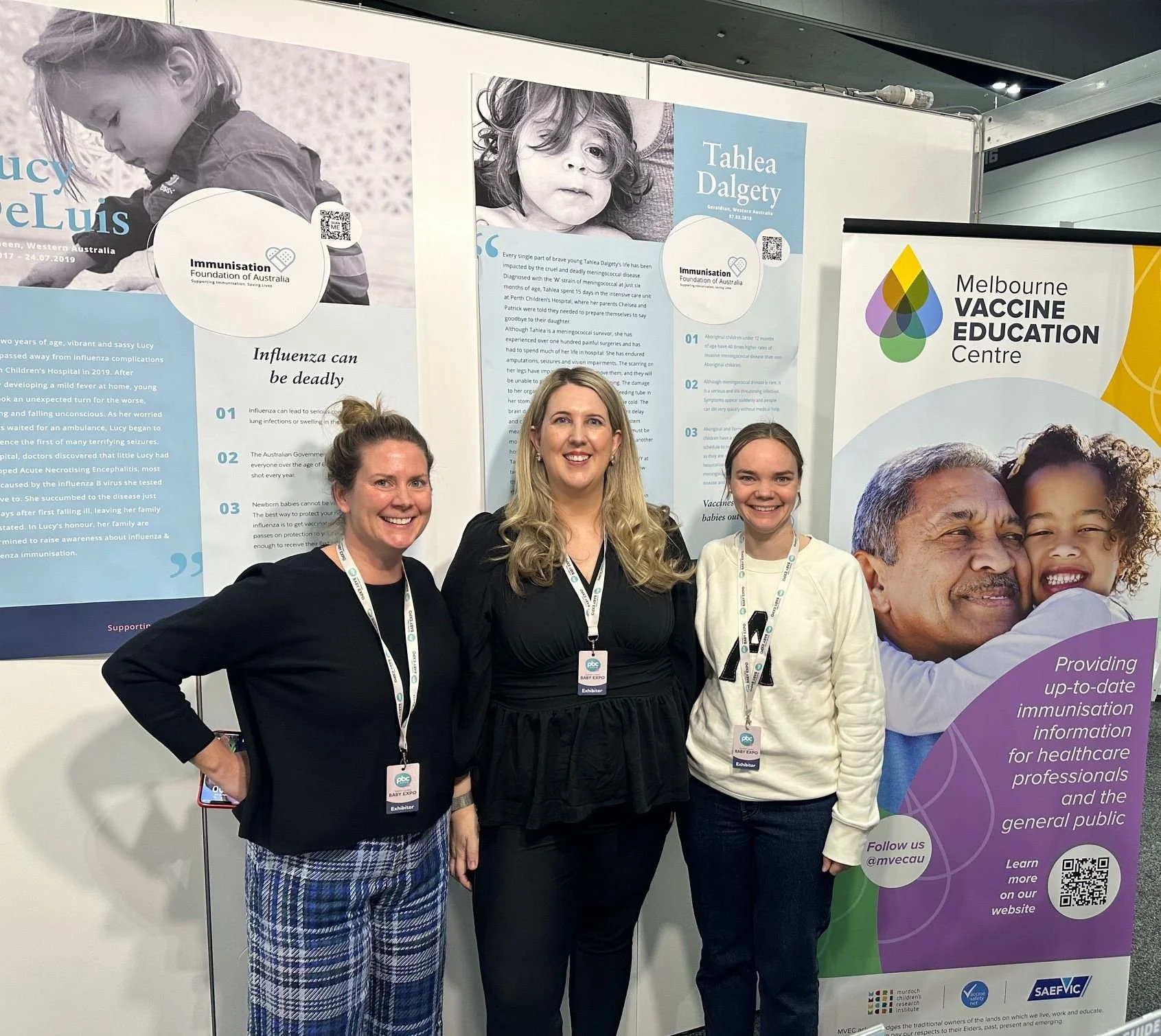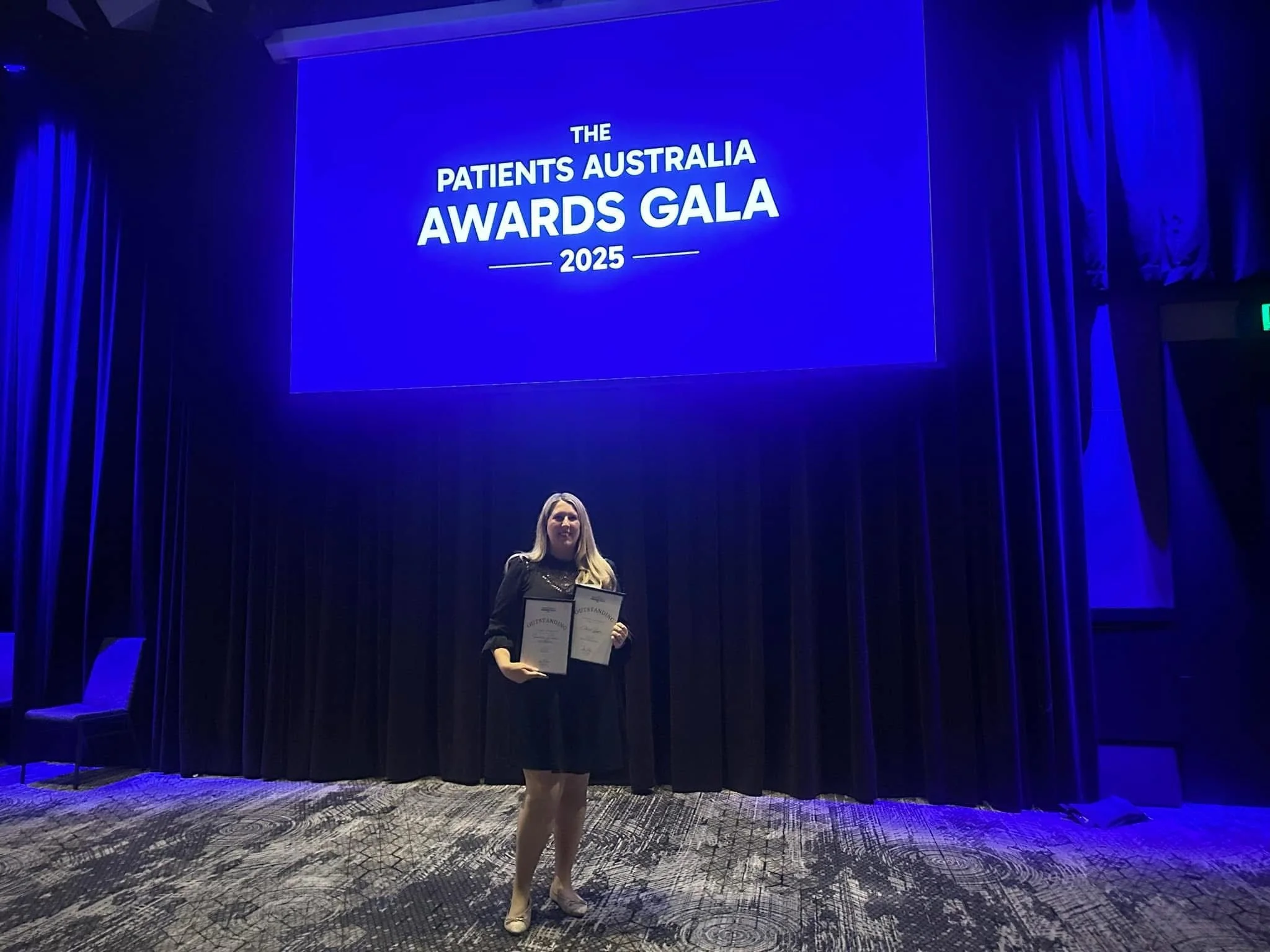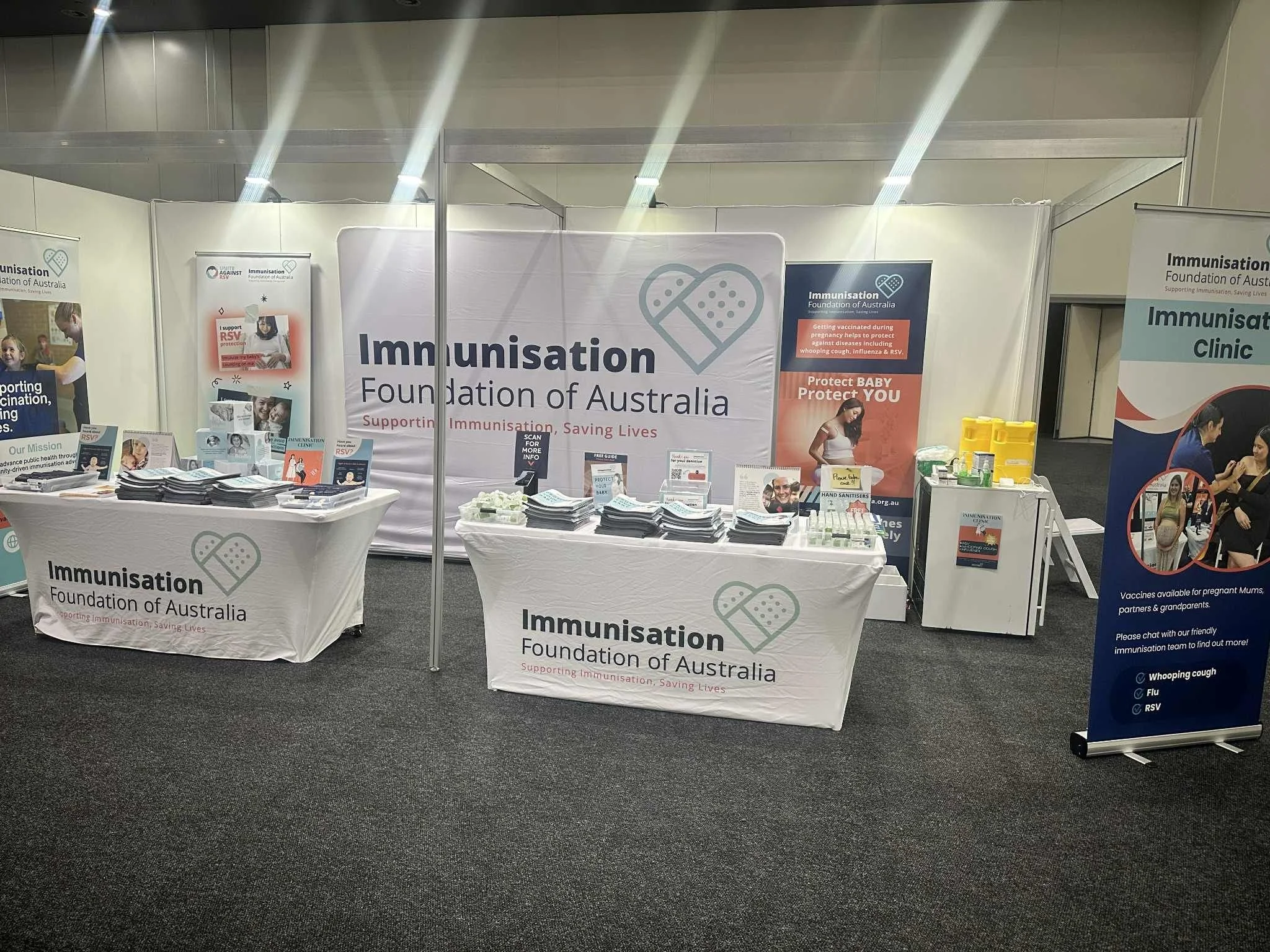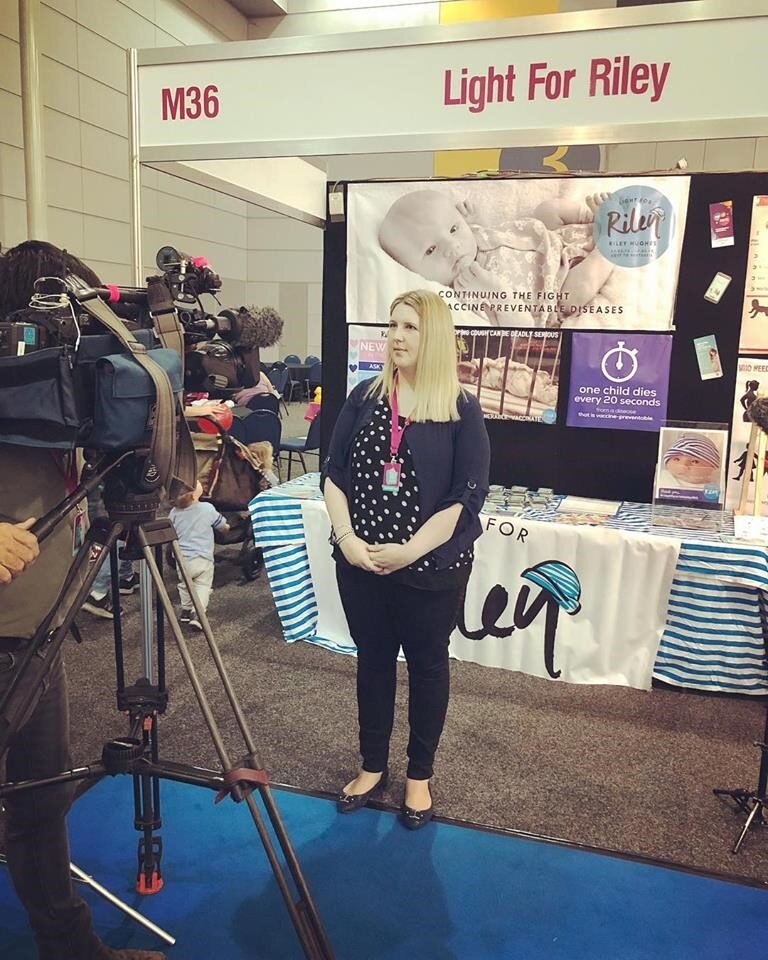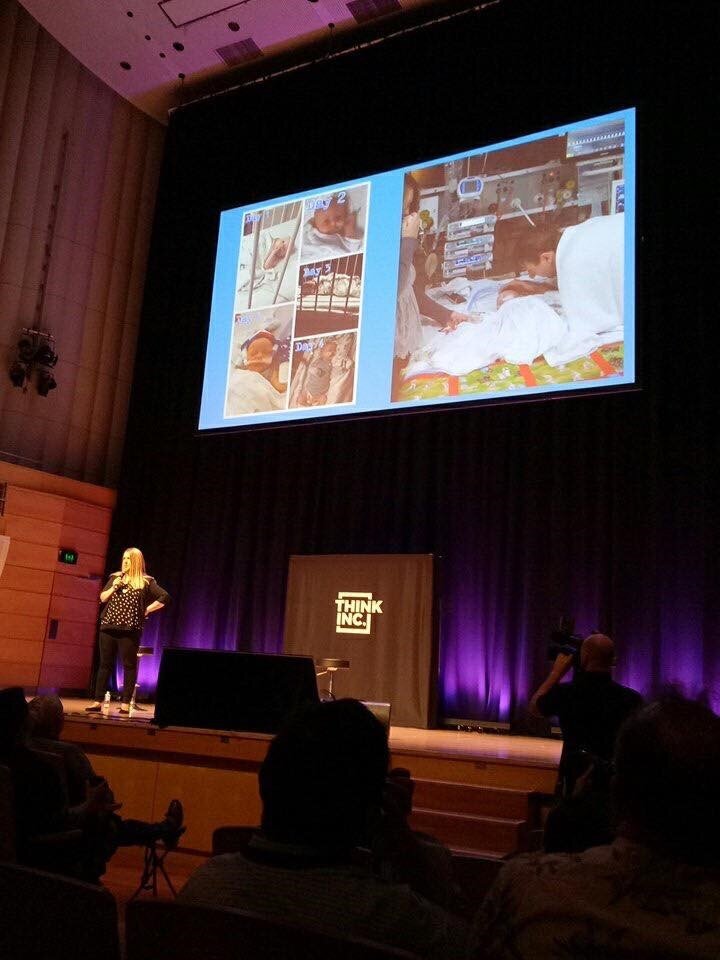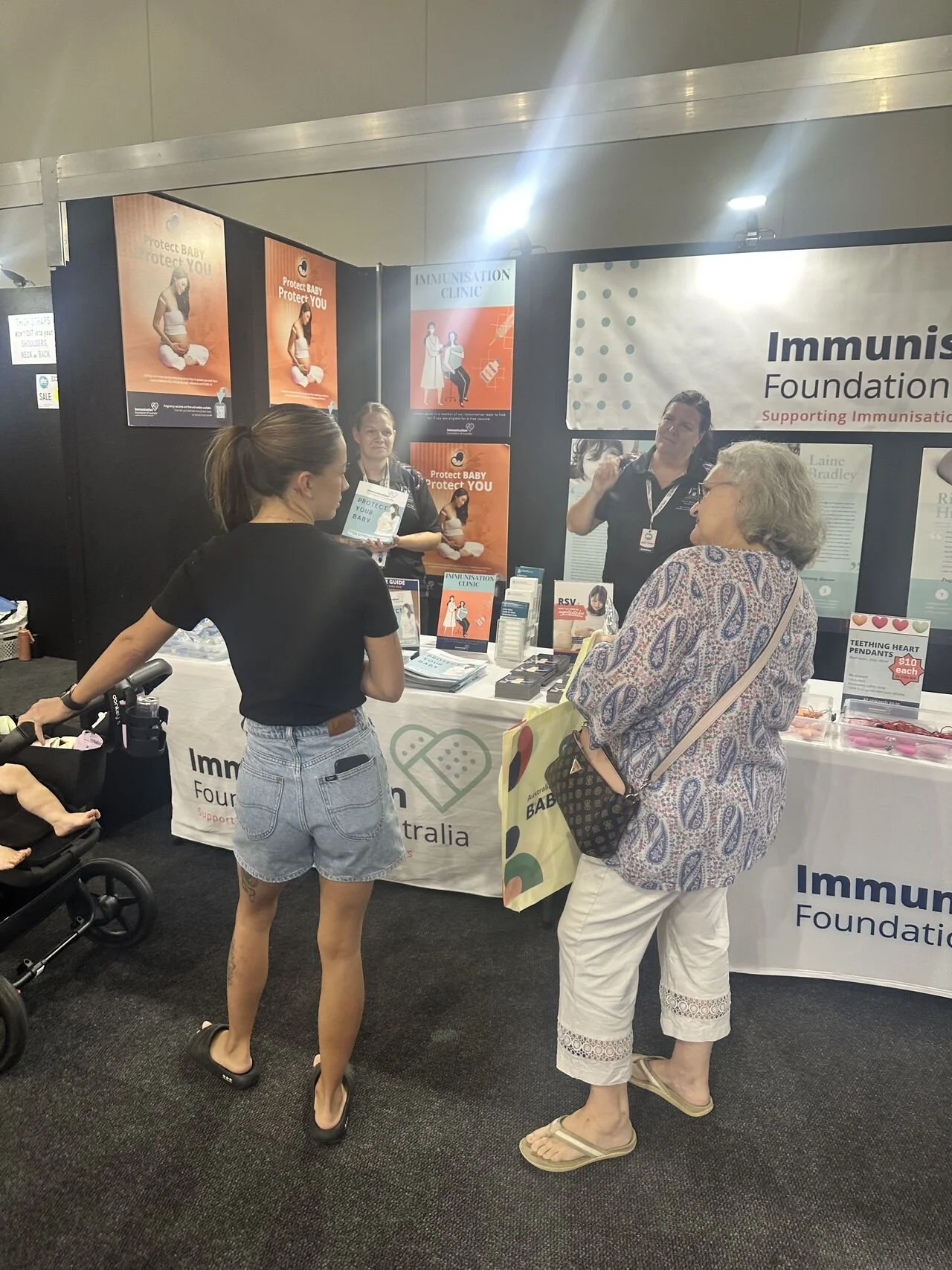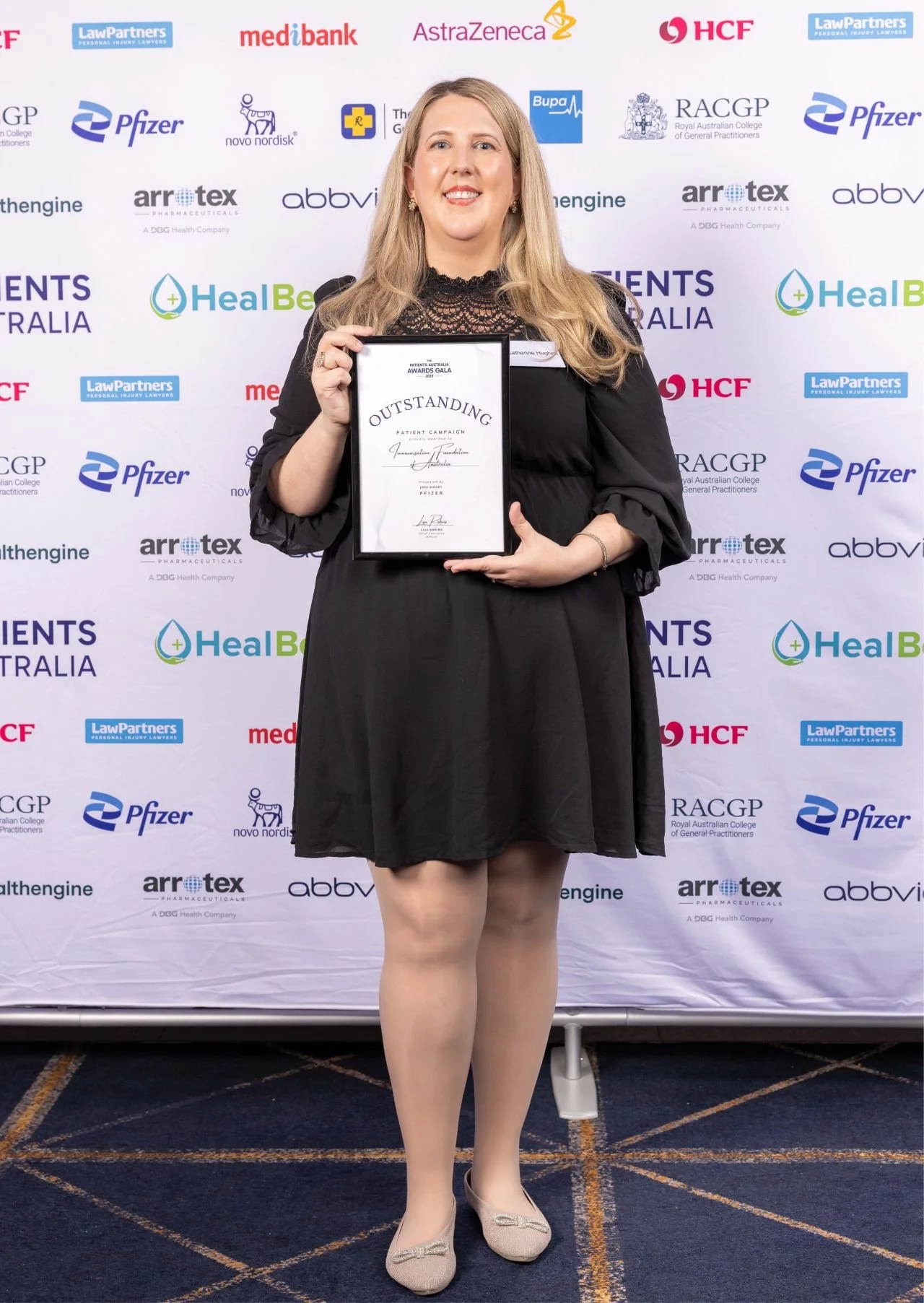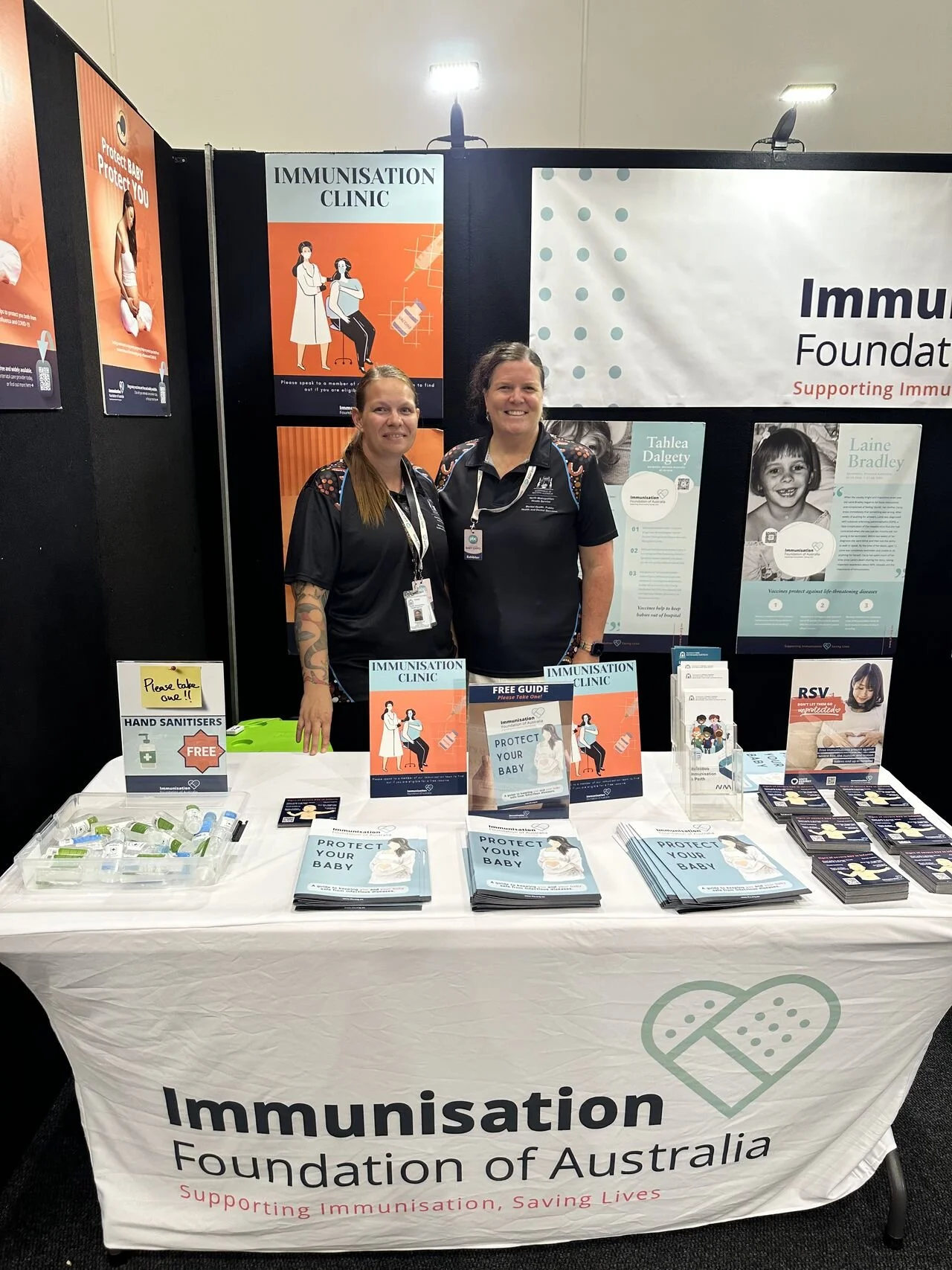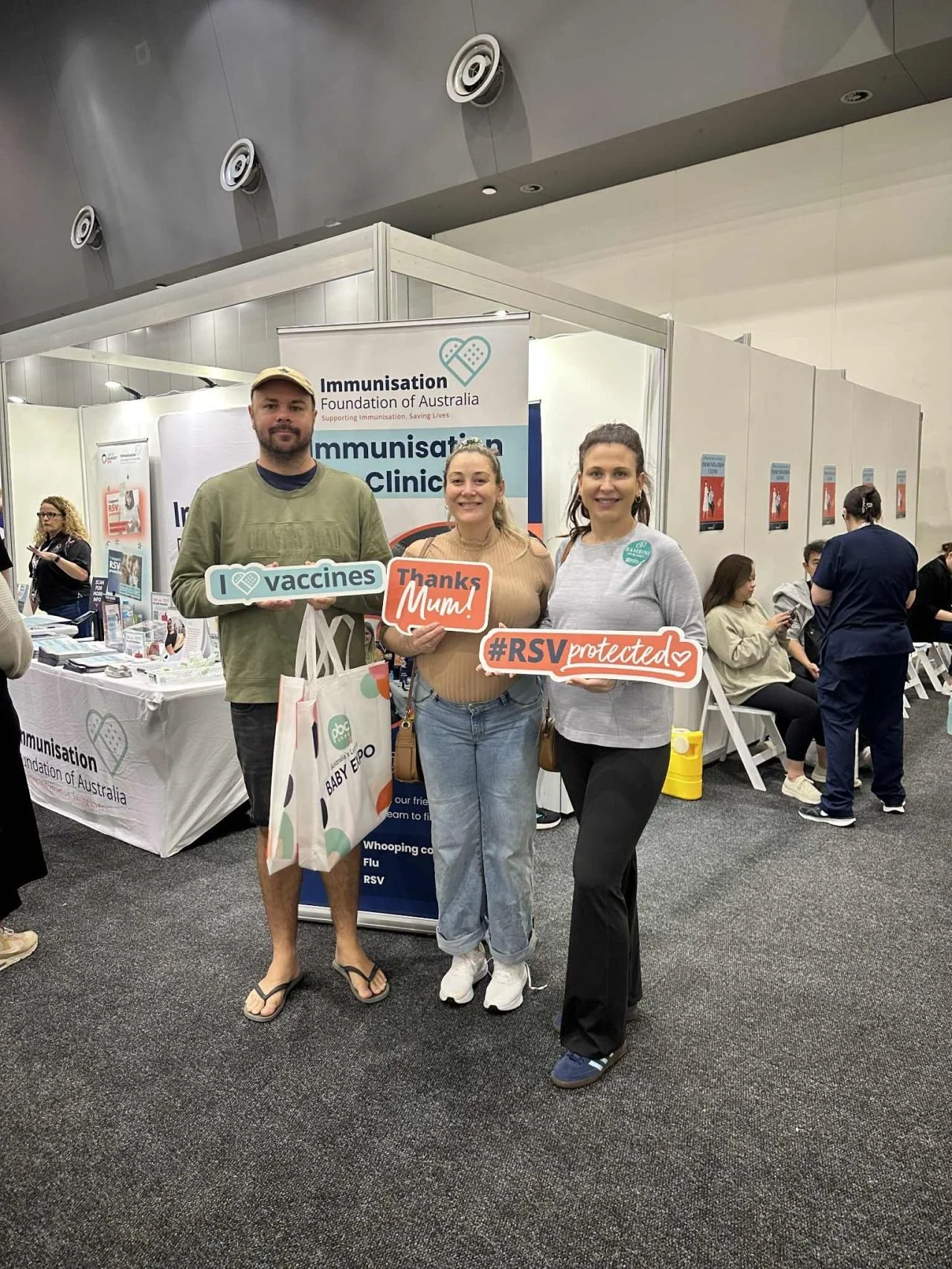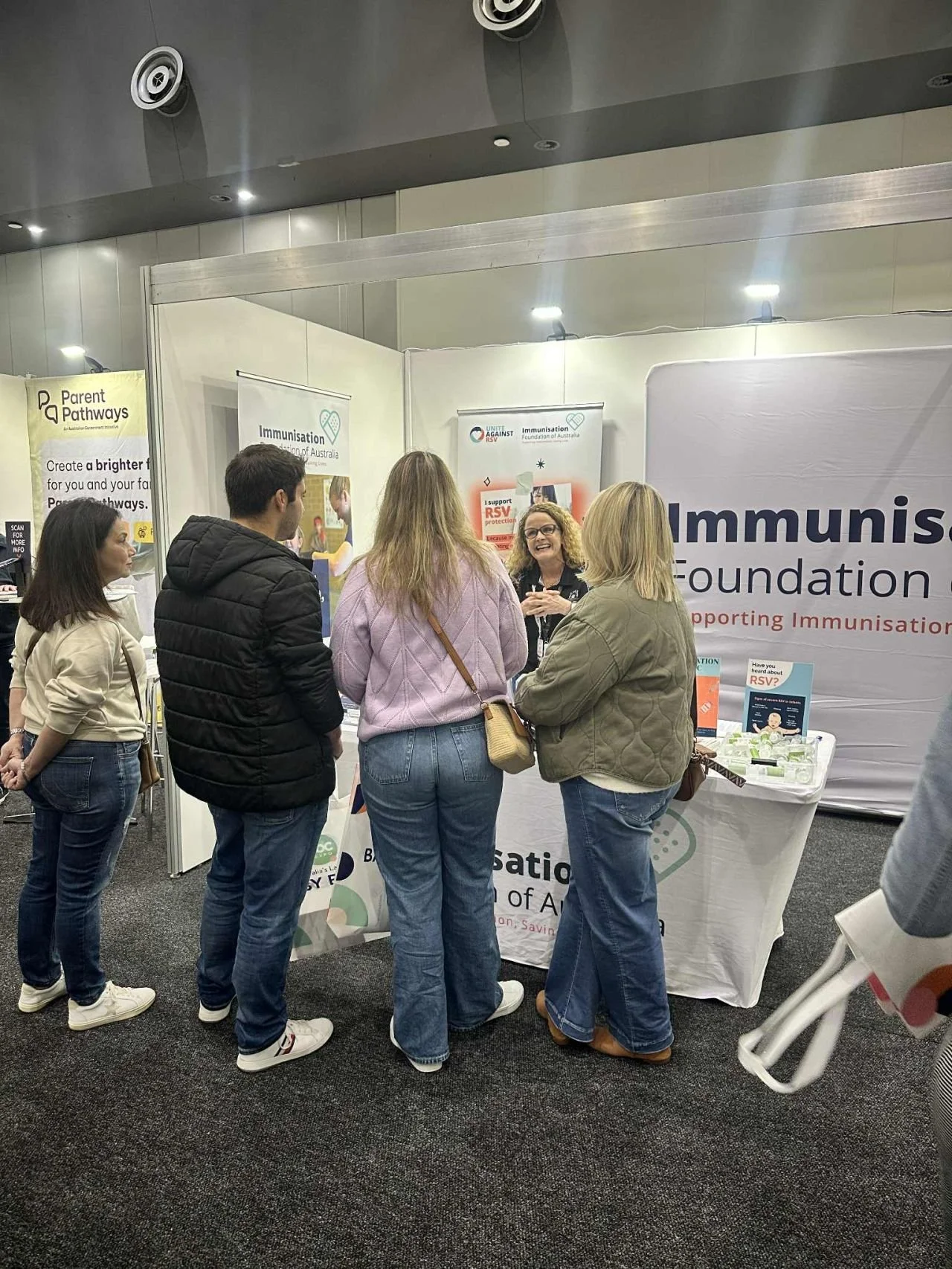About the Immunisation Foundation of Australia
We are the Immunisation Foundation of Australia (IFA), a leading not-for-profit and patient advocacy organisation on a mission to protect every Australian from vaccine-preventable diseases. Our founders, Catherine and Greg Hughes, started the foundation after the tragic death of their son, Riley, from whooping cough. This deeply personal experience drives our unique, community-led approach: we empower families and individuals who have been impacted by vaccine-preventable diseases to share their stories. By combining these powerful personal narratives with credible, scientific evidence, we create compelling campaigns that build understanding and trust in immunisation.
Our vision is simple yet profound: A world where every child and adult is protected from vaccine-preventable diseases.
Our mission is to advance public health through community-driven immunisation advocacy.
Our Strategic Approach: The 3 A's
To make our vision a reality, we focus on three strategic priorities, which we call the 3 A's:
Awareness, Access, and Acceptance.
Awareness: We increase public understanding of infectious diseases and the vital role of immunisation. We do this by delivering impactful educational campaigns, leveraging key events like RSV Awareness Week and Whooping Cough Day, and amplifying the voices of community members who have been directly affected.
Access: We champion equitable access to safe and effective immunisations for all Australians. Our work includes advocating for new vaccines to be added to the National Immunisation Program (NIP) and facilitating pop-up clinics at convenient locations. We also provide support and resources for those who experience needle phobia to ensure fear and anxiety don't stand in the way of protection.
Acceptance: We build public trust and confidence in immunisation programs. We counter misinformation by grounding our campaigns in the latest scientific evidence, engaging with consumers in the development of our resources, and fostering respectful online dialogue on social media. We also listen and respond with empathy to community concerns to ensure our work remains relevant and trusted.
